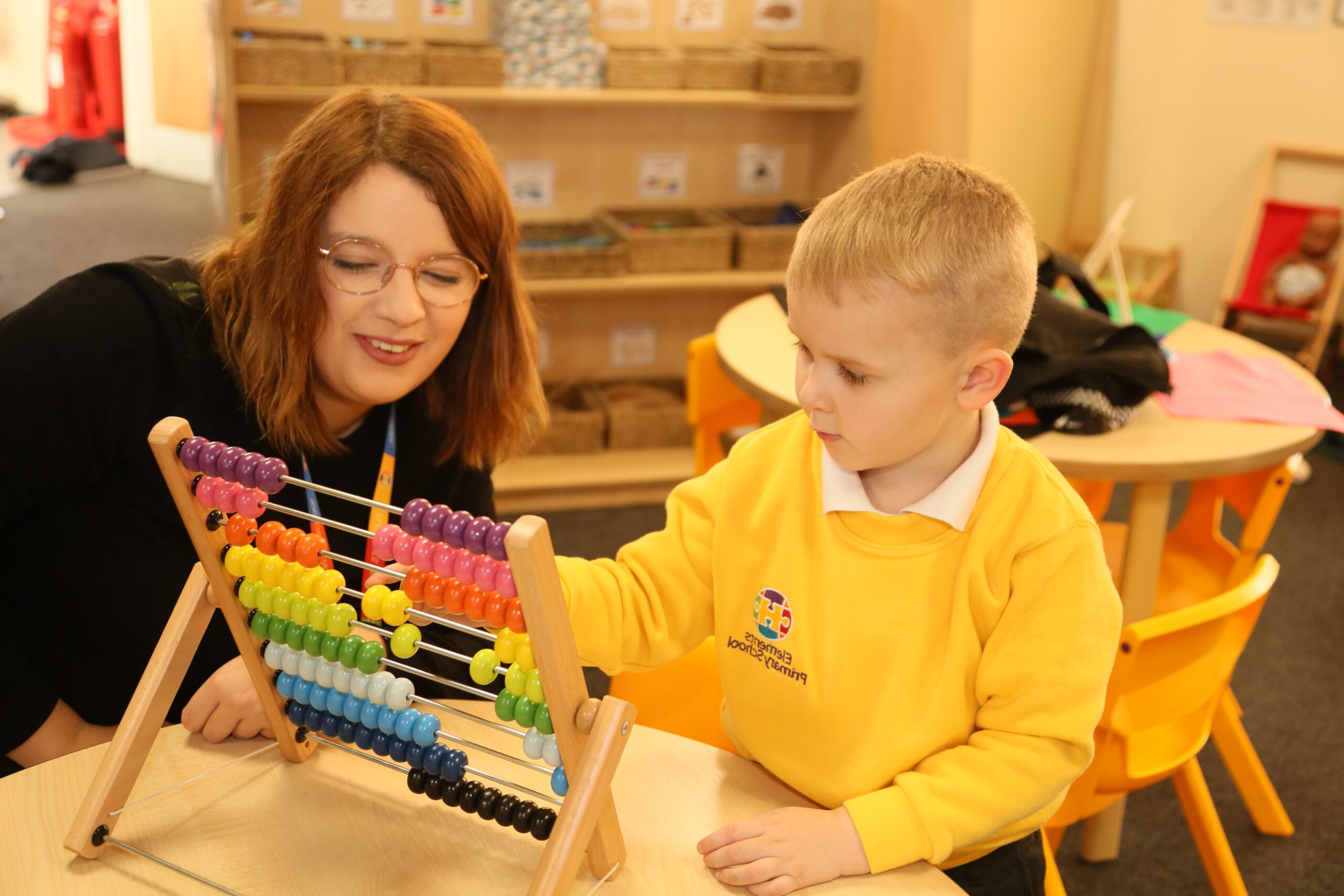By Joseph Kennedy-Ronan
Number sense is a critical aspect of mathematical fluency and understanding, encompassing an intuitive grasp of numbers and their relationships. It goes beyond rote memorisation of procedures and involves a deep comprehension of numerical concepts. Understanding numbers is like giving students a backstage pass to the maths concert. It’s not just about feeling confident with numbers; it’s about building a relationship with them. Number sense is the VIP ticket that lets students speak the language of Mathematics.
Developing this skill early on is like laying the foundation for a solid understanding of more complex concepts down the road. It’s a crucial developmental skill that acts as a compass in the mathematical journey, ensuring students navigate through the subject with clarity. Klein and Starkey (1988), prominent psychologists, observed that humans possess an innate sense of number from birth; however, a prevalent concern conveyed by educators is the challenge faced by their students in grasping number sense, prompting a collective aspiration to enhance this foundational skill among young learners.
Here’s how number sense impacts mathematical fluency and ways learners can develop it:
- Understanding of Numbers, Symbols, Meanings, and Vocabulary: Students with strong number sense not only recognise numerals but also understand their meanings and the symbols used to represent them. This foundational understanding includes a grasp of mathematical vocabulary.
- Awareness of the Relationship between Quantity and Numbers: Number sense involves an intuitive understanding of the relationship between the quantity of items and the corresponding numbers used to represent them. This awareness lays the groundwork for more advanced mathematical concepts.
- Visualisation and Comfortable Conversation about Numbers: Strong number sense enables students to visualise numbers in various contexts and converse comfortably about them. This visual and verbal proficiency contributes to a deeper conceptual understanding of numbers.
- Number Decomposition and Composition: Students with good number sense can break numbers down into smaller components and reassemble them in different ways. This flexibility in manipulating numbers reflects a deeper understanding of numerical relationships.
- Understanding Different Representations and Number Patterns: Number sense extends to recognising and understanding diverse representations of numbers, including number patterns and the identification of missing numbers. This skill involves a more abstract and generalised understanding of numerical concepts.
- Engagement in Systemic Counting and Mental Computation: Systemic counting involves understanding the structure and order of numbers, while mental computation reflects the ability to perform calculations mentally. Both skills are indicative of a strong number sense, showcasing flexibility and efficiency in mathematical thinking.
- Competence with Mathematical Operations: Beyond basic arithmetic, students with strong number sense exhibit competence in mathematical operations. They understand the relationships between addition, subtraction, multiplication, and division, allowing for a more comprehensive understanding of numerical operations.
- Application of Math to Real-World Problems: Perhaps one of the most crucial aspects, strong number sense empowers students to apply mathematical concepts to real-world problems. This ability to relate math to daily life experiences enhances the practicality and relevance of mathematical learning.
Strategies to Develop Number Sense:
- Engage learners in manipulative activities using physical objects to represent numbers. This helps build a concrete understanding of numerical concepts.
- Use visual aids like number lines, charts, and diagrams to represent mathematical relationships. Visualising numbers helps learners internalise abstract concepts.
- Present learners with open-ended, real-world problems that require critical thinking and application of mathematical concepts. This encourages them to think beyond procedural approaches.
- Incorporate math games and puzzles that involve number manipulation. Games make learning enjoyable and provide a context for applying number sense.
- Conduct short, daily number talks to encourage discussions about numbers, patterns, and strategies. This helps learners articulate their mathematical thinking and learn from their peers.
- Foster estimation skills by asking learners to estimate quantities before solving problems. This helps develop a sense of the magnitude of numbers.
- Encourage learners to reflect on their problem-solving strategies. This metacognitive approach helps them understand their thinking processes and refine their approaches over time.
By focusing on these strategies, educators can nurture learners’ number sense, fostering a deep and meaningful understanding of mathematics that goes beyond memorisation and promotes true mastery of the subject. Bear in mind, dear educators, that the magic of number sense isn’t an overnight enchantment; it’s more of a slow-cooked stew that simmers and gets richer over time. So, sprinkle some math fairy dust by offering young minds ample chances to understand numbers.
Counting isn’t just a chore; it’s a treasure hunt, and the more treasures (numbers) students discover, the merrier their mathematical adventure becomes. Why start this number sense quest early, you ask? Well, it’s like crafting a sturdy castle with a rock-solid foundation. Get those architects working on their number sense, and you’re essentially giving them the blueprint for tackling mind-boggling math challenges in the future. It’s about turning these budding Mathematicians into problem-solving wizards. So, let’s nurture that number sense, to unleash a legion of Maths maestros ready to conquer whatever challenges the numeric universe throws their way!











